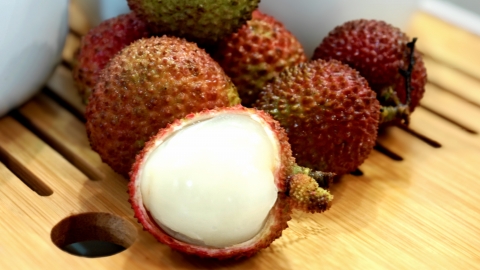Can I eat lychee after the postpartum confinement period?
After the postpartum period (puerperium), if the body has recovered well and there are no abnormalities in blood glucose levels, it is acceptable to eat lychee. However, if the gastrointestinal function is weak or blood glucose levels are high, it is not recommended. The detailed explanation is as follows:

For mothers without underlying conditions such as diabetes and who have recovered well physically, moderate consumption of lychee after the puerperium is permissible. Lychee is rich in nutrients such as vitamin C and glucose, which can provide energy for the body after childbirth, aid in physical recovery, and its sweetness can improve appetite. Moderate consumption will not cause adverse effects and can also diversify the diet.
However, for mothers with weak gastrointestinal function or elevated blood glucose levels, eating lychee after the puerperium is not recommended. Lychee is warm in nature and contains high levels of sugar. Mothers with weak gastrointestinal function may experience discomfort such as abdominal distension and heatiness after consumption. For those with high blood glucose, eating lychee can cause a rapid increase in blood sugar levels, which is detrimental to blood glucose control and may affect postpartum recovery.
When consuming lychee, it is important to control the quantity, avoid excessive intake at one time, and observe the body's response after consumption. If gastrointestinal discomfort or blood glucose fluctuations occur, adjust the intake promptly to ensure that dietary habits align with the body's condition.









